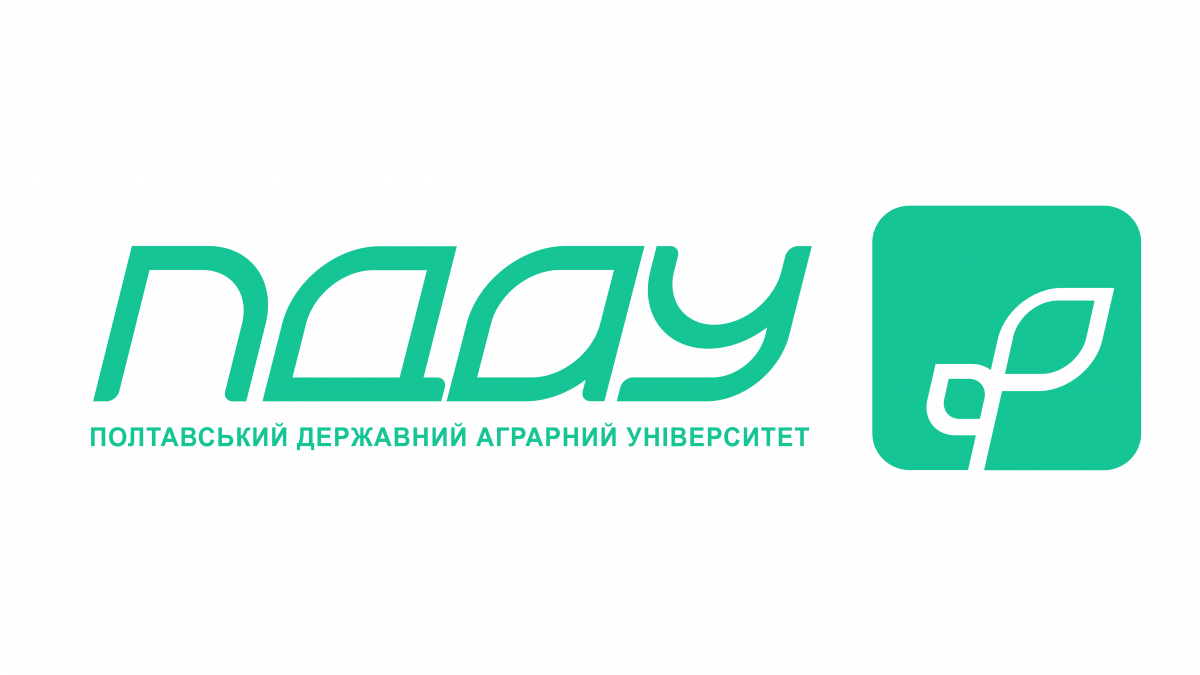RISK MANAGEMENT AND CRISIS RESPONSE IN THE PUBLIC ADMINISTRATION SYSTEM
DOI:
https://doi.org/10.32782/pdau.pma.2025.3.10Keywords:
risk management, crisis response, system, public administration, efficiency, state, local government, entrepreneurship.Abstract
The modern world is characterized by high uncertainty and the continuous emergence of new threats, which places unprecedented demands on public administration systems. In this context, the study of new approaches to identifying, assessing and minimizing risks in the activities of public authorities is a critically important foundation for creating a sustainable and adaptive state machine. This research is of particular importance for Ukraine, which is at the epicenter of ongoing military aggression and is experiencing its complex consequences at all levels. It is not only about survival in a crisis, but also about the ability to function effectively and develop despite constant challenges. The relevance of risk management and crisis response in the public administration system is extremely high, since modern Ukraine is facing unprecedented challenges, the main of which is a full-scale war. This war requires the state to respond immediately and effectively to emergencies, destruction of infrastructure and humanitarian crises. In addition, global threats such as climate change and pandemics, as well as rapid technological development, generate new, unforeseen risks that require flexible and adaptive management mechanisms. Research in this area is critically important for ensuring sustainable development and security of the country, contributes to strengthening public trust in state institutions and optimizing the use of resources. It is also an integral part of Ukraine’s European integration aspirations and a key element of modernization of the entire public administration system, especially in conditions of decentralization. Developing the capacity for effective risk management and crisis response is not just a pressing scientific problem, but a vital necessity for Ukraine. A key component of the research is the development of strategies for sustainable development in conditions of uncertainty. This goes beyond the reactive response to current crises and involves the formation of a flexible and resilient public administration system that is not only able to adapt to constant changes, but also actively prevent future crises and ensure the long-term development of the country even in the most difficult conditions of instability.
References
Зось-Кіор І., Кондратенко О., Хорсун М. Безпекове управління персоналу розвитком підприємства в конкурентному бізнес-середовищі. Стратегічний менеджмент агропродовольчої сфери в умовах глобалізації економіки: безпека, інновації, лідерство : матеріали ІI Міжнародної науково-практичної конференції, 27 вересня 2024 р. Полтава : ПДАУ, 2024. Том 1. С. 145–147.
Зось-Кіор І.М., Полтавець К.О., Крикунов О.О. Організаційно-економічний механізм стратегічного управління бізнес-процесами на інноваційно орієнтованому підприємстві в умовах війни. Розвиток сучасної науки: актуальні питання теорії та практики : матеріали VII Всеукраїнської студентської наукової конференції, м. Хмельницький, 21 лютого 2025 р. ГО «Молодіжна наукова ліга». Вінниця: ТОВ «УКРЛОГОС Груп», 2025. С. 29–31. URL: https://archive.liga.science/index.php/conference-proceedings/issue/view/ukr-21.02.2025/118.
Лозинська Т.М. Дослідження публічного управління в Україні: трансформація теорії та методології. Вісник Полтавського державного аграрного університету. Серія «Публічне управління та адміністрування». 2024. Випуск 1. С. 13–21.
Медвідь В.Ю. Моніторинг соціально-економічного розвитку територіальних громад: теоретико-методичні аспекти. Вісник Полтавського державного аграрного університету. Серія «Публічне управління та адміністрування». 2024. Випуск 2. С. 62–67.
Приходько С.М. Учасницька демократія як інститут місцевого самоврядування. Вісник Полтавського державного аграрного університету. Серія «Публічне управління та адміністрування». 2024. Випуск 2. С. 3–10.
Antypenko N., Arakelova I., Zherdetska L., Diatlova Y., Diatlova V., Derkach, J., Goncharenko A., Voronko-Nevidnycha T. Modeling of regional strategy of financial security management in the context of digitalization and migration risks. Journal of Hygienic Engineering and Design. 2022. № 38. Pp. 253–265.
Aranchiy V., Ganushchak-Efimenko L., Khrystenko L., Shkoda M., Hnatenko I., Fastovets N. Modeling of integrated assessment of the effectiveness of management of the financial position of business entities. Financial and Credit Activity Problems of Theory and Practice. 2022. Vol. 1(42). P. 259–270.
Galych O., Barna M., Fedirets O., Fedirko H., Bielialov T., Puzyryova P. Financial management of entrepreneurial universities in the conditions of digitalization, smart economy and the development of educational tourism. Financial and Credit Activity Problems of Theory and Practice. 2024. Vol. 3(56). Pp. 474–489. URL: https://doi.org/10.55643/fcaptp.3.56.2024.4420.
Hnatenko I., Bebko S., Ievseitseva O., Shikovets K., Kvita, H., Zos-Kior М. Market analysis of the renewable energy market of Ukraine in the context of changes in financial and economic processes. Financial and Credit Activity Problems of Theory and Practice. 2024. Vol. 5(58). Pp. 446–459. URL: https://doi.org/10.55643/fcaptp.5.58.2024.4576.
Sharlovych Z., Ovcharenko P., Zos-Kior I. Management of primary health care facilities based on performance evaluation. Management Theory and Studies for Rural Business and Infrastructure Development. 2025. Vol. 47(2). Pp. 304–318. URL: https://doi.org/10.15544/mts.2025.24.
Zos-Kior М., Kuksa I., Samoilyk I., Storoška M. Methodology for assessing the countries’ globalization development. Economic Annals-XXI. Vol. 11–12. 2017. Pp. 4–8.

